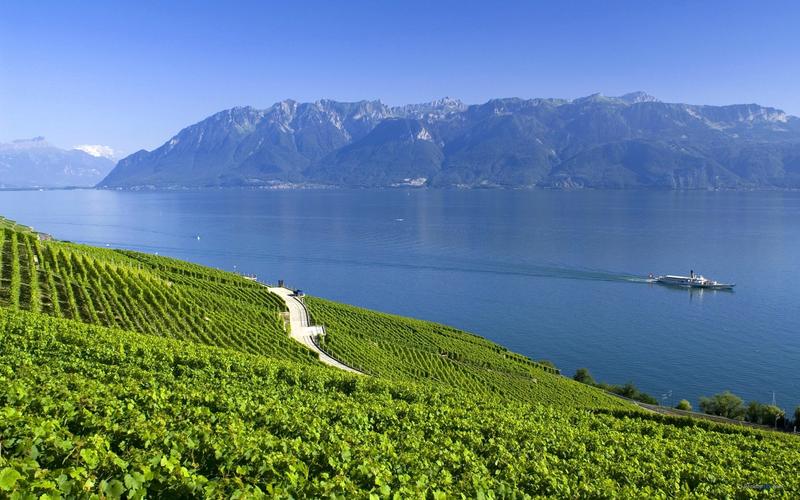Culture is a term that is often used to describe the way of life of a particular group of people, including the beliefs, practices, customs, and traditions that are unique to that group. However, the meaning of culture can vary widely across the globe, with different societies valuing and prioritizing different aspects of cultural life. In this post, we will explore some of the diverse meanings of culture across the world.
In many Western societies, culture is often associated with art, music, literature, and other forms of creative expression. These cultural pursuits are often regarded as highbrow and intellectually important, and they are seen as a means of preserving the history and values of a particular group. However, in other parts of the world, culture may be more closely associated with daily activities and rituals, such as cooking, farming, and religious practices.
For example, in many African societies, culture is embedded in the fabric of daily life, with traditions surrounding food, dress, language, and music playing a critical role in defining the identity of individual communities. Similarly, in many parts of Asia, cultural practices such as meditation, martial arts, and tea ceremonies are considered vital parts of everyday life.
One aspect of culture that is becoming increasingly important in many parts of the world is the idea of multiculturalism. As societies become more diverse and interconnected, there is a growing recognition that cultural differences should be celebrated rather than suppressed. Multiculturalism involves respecting and promoting the cultural identities of people from different backgrounds, and it is becoming an increasingly important aspect of social and political life in many countries.
However, the concept of multiculturalism is not without its detractors, with some people arguing that it can lead to social fragmentation and conflict. In some cases, efforts to promote multiculturalism have been criticized as being divisive and undermining a sense of national unity.
In conclusion, the meaning of culture is complex and multifaceted, and it can vary widely depending on the context and perspective of the people involved. Whether it is seen as a means of preserving history and tradition, a way of life, a tool for celebrating diversity, or a source of conflict, culture plays a critical role in defining our identities and shaping our worldviews.
(Note: Do you have knowledge or insights to share? Unlock new opportunities and expand your reach by joining our authors team. Click Registration to join us and share your expertise with our readers.)
Speech tips:
Please note that any statements involving politics will not be approved.
